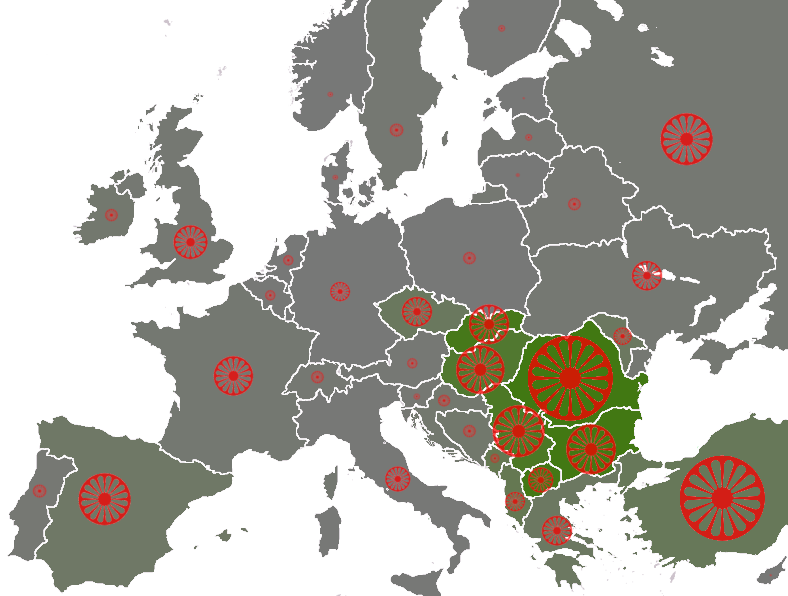
All Member States responded to the European Commission’s invitation and drew up
a NRIS within a very short timeframe. In that context, the national strategies provided
a basis for action, as well as for further development, improvement and discussion
between the Member States’ authorities and the European Commission’s services.
Working on that basis, the European Commission analysed all the strategies with
a view to elaborating a transversal assessment on which to define objectives under
the four headings. This took the form of the 21 May 2012 Communication entitled
‘National Roma Integration Strategies: a first step in the implementation of the EU
Framework’ (COM(2012) 226 final).
In compliance with the so-called ‘subsidiarity’ principle, European institutions have
limited competences in the field of education and training, especially as regards the
organisation of the school systems and the contents of the curricula. It is therefore the
Member States’ prime responsibility to operate and manage their educational systems
and to take all necessary measures so as to raise the quality of the education provided
to children and students. This education is to be inclusive, not to the exclusion of anyone
on the basis of his or her gender, race or ability. They have the responsibility for the
attainment levels of all children and to insure that students improve.
In implementing their policy for better social inclusion of the Roma in their educational
systems, Member States have devised different strategies, which reflect their specific
situation and, in so doing, endeavour to adopt a more ‘integrated approach’. This
means that education problems may not be solved with educational solutions only,
but must be consistent with other proactive actions in the field of employment,
housing and health.
Other solutions in the field of education may take the form of informal or complementary
education, such as after-school lessons, second-chance classes and other
remedial solutions.
In the 2012 Communication, some three best practices were highlighted, which may
provide inspiration for innovative action to address the challenges of Roma inclusion
in the field of education. In Slovenia, Roma assistants and mediators participated in
training given to educators, with a view to significantly improve school completion
rates amongst Roma children. Spain is also using mediation in new programmes
established to reduce early school leaving and absenteeism amongst Roma students.
In Finland, the ‘Kauhajoki’ model has proven very successful in pre-school: three
instructors with Roma background help provide support for the children and families
in boosting participation in early childhood education and care.
As part of their National Roma Inclusion Strategies Member States propose to:
- Eliminate school segregation and misuse of special needs edication
- Enforce full compulsory education and promote vocational training
- Increase enrollment in early childhood education and care
- Improve teacher training and school mediation
- Raise parents' awareness of the importance of education
Source: Roma and Education: Challenges and Opportunities in the European Union
© European Union, 2012













